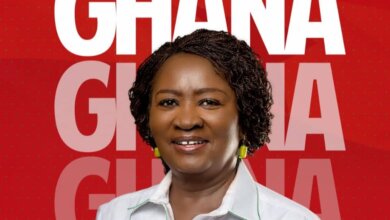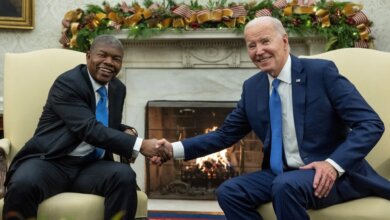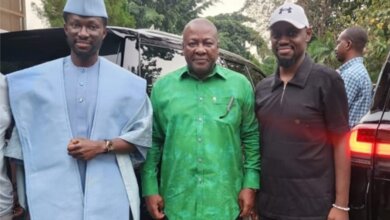Pan-Africanism: The Legacy Of Kwame Nkrumah
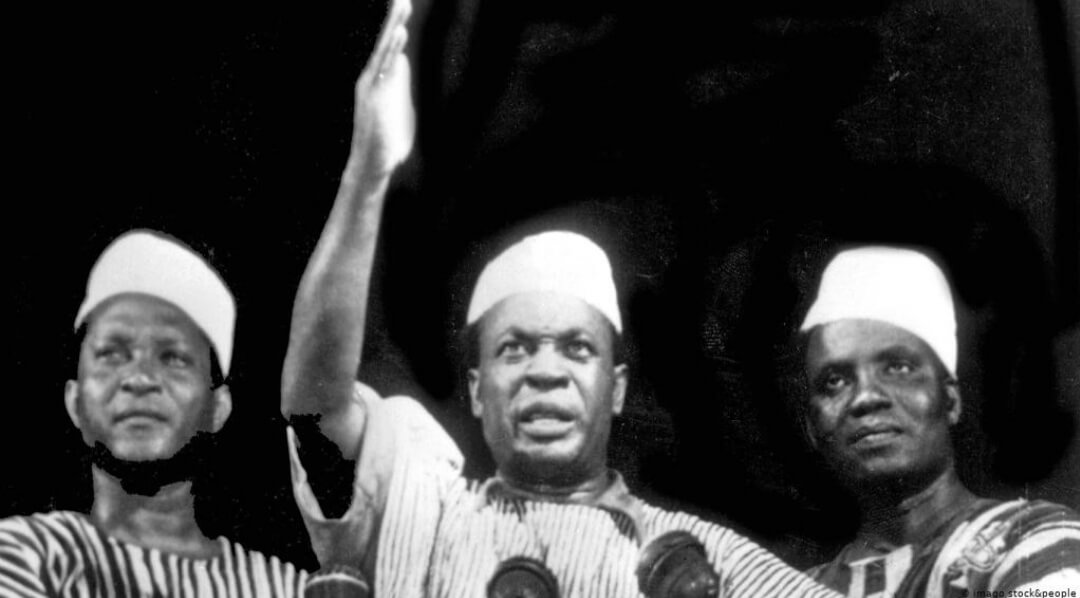
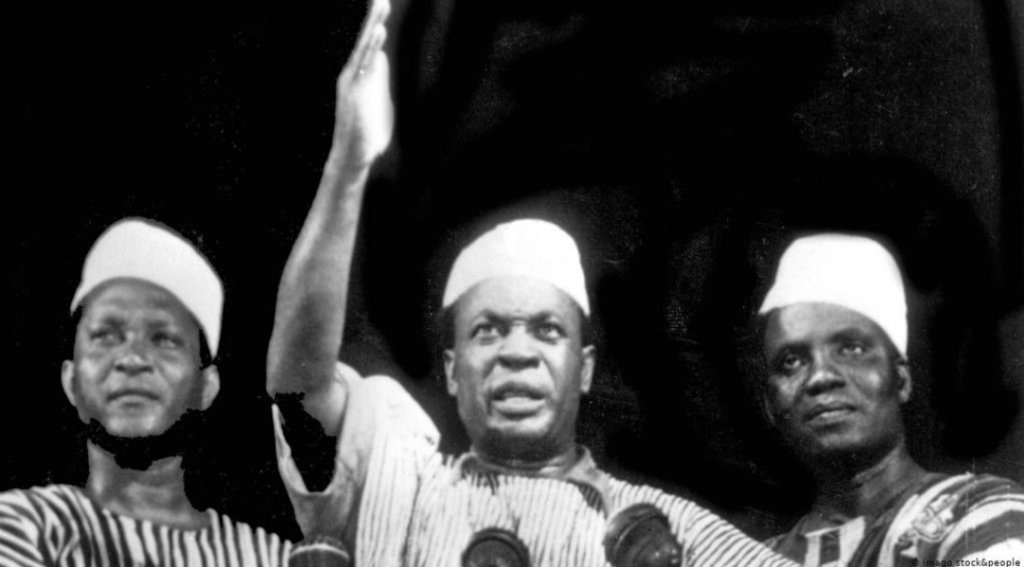
During the struggle for independence, Ghana was the beacon of hope in Africa. Led by its most influential figure and first president, Dr Kwame Nkrumah (then prime minister and later president), Ghana, then the Gold Coast, was the first to achieve independence in Africa on March 6, 1957.
Exposure to politics and other influential figures, coupled with his profound knowledge on other alternatives to colonial governance, inspired Dr Nkrumah to fight for the freedom of all black people from all forms of racism and colonialism. It is, therefore, not surprising that many historians, including Basil Davidson, credit Nkrumah for leading the struggle that granted independence for many African countries. Nkrumah never saw the independence of Ghana as an isolated objective but as part of a general world historical pattern. He said: “The independence of Ghana is meaningless unless it is linked up with the total liberation of the whole African continent.”
It is by this reason that he urged Africans everywhere to unite in common effort to assert their dignity and use their resources to meet their needs and realize their aspirations. His call for African unity is known as pan-Africanism, which is deeply rooted in the racial discrimination he suffered in the United States and his association with other pan-Africanist thinkers of the time, including W.E.B. Du Bois, Marcus Garvey, George Padmore, Dr John Henrik Clarke, among others.
The independence of Ghana is meaningless unless it is linked up with the total liberation of the whole African continent.
Together with Padmore, the fifth Pan-African Congress was held in Manchester, England, in October 1945. That congress defined and clarified the ideology of pan-Africanism as an anti-imperialist concept. It was also seen as a mechanism for building socialism. It was at that congress that a resolution drafted by Nkrumah was adopted. The resolution read:
“We believe in the rights of all peoples to govern themselves. We affirm the rights of all colonial peoples to control their own destiny. All colonies must be free from foreign imperialist control, whether political or economic. The peoples of the colonies must have the right to elect their own government; a government without restrictions from a foreign power. We say to the peoples of the colonies that they must strive for these goals by all means at their disposal.
“The object of imperialist powers is to exploit. By granting the right to the colonial peoples to govern themselves, they are defeating that objective. Therefore, the struggle for political power by the colonial and subject peoples is a first step towards, and the necessary prerequisite to complete social, economic and political emancipation.
“The fifth Pan-African Congress, therefore, calls on the workers and farmers of the colonies to organise effectively. Colonial workers must be in the front lines of the battle against imperialism”.
Struggle for Independence
Ghanaian President Kwame Nkrumah (first from left) and Egyptian President Gamal Abdel Nasser (third from left). | Al Ameer son | Wikimedia Commons
Nkrumah’s contribution to the congress earned him an invitation to join the United Gold Coast Convention (UGCC) as a general secretary, thus returning to Gold Coast in 1947. Nkrumah brought his pan-Africanist ideas to bear, upon his return, which eventually sparked the struggle for independence in Gold Coast. The organisation of the All-African People’s Conference in Accra a year after the declaration of Ghana’s independence is an indication of the pan-African agenda of Nkrumah.
The conference brought together newly independent states in Africa and the national liberation movement to develop strategies on how to speed up the decolonisation process. It was also the beginning of what became known as the Organization of African Unity (OAU) and today’s African Union (AU). He also pushed for the Ghana-Guinea Union to serve as the fulcrum of continental Union Government of Africa. In 1961, Mali was drawn into the union, which became a model for the establishment of the OAU in 1963.
Kwame Nkrumah with John Kennedy – Abbie Rowe – Wikimedia Commons
Nkrumah’s strongest argument for African unity was emphasised in his book, Africa Must Unite, and it reads: “We in Africa who are pressing now for unity are deeply conscious of the validity of our purpose. We need the strength of our combined numbers and resources to protect ourselves from the very positive dangers of returning to colonialism in disguised forms.
We need it to combat the entrenched forces dividing our continent and still holding back millions of our brothers. We need it to secure total African liberation. We need it to carry forward our construction of a socio-economic system that will support the great mass of our steadily rising population at levels of life which will compare with those in the most advanced countries”
For Nkrumah, the situation in which Africa remains the richest continent yet underdeveloped was untenable. He saw unity among Africans as a powerful tool to fight against such predicament. No wonder today, the call for unity in Africa still lives on.
Source: Frederick Boakye Danquah is consul of the Embassy of Ghana in Havana, Cuba.
Oral Ofori is Founder and Publisher at www.TheAfricanDream.net, a digital storyteller and producer, and also an information and research consultant.

